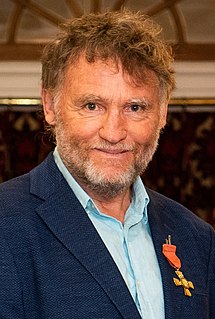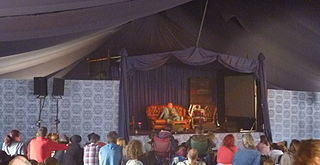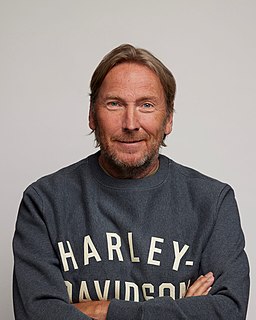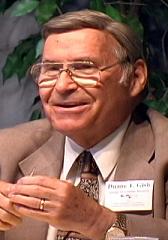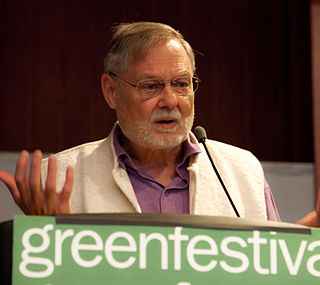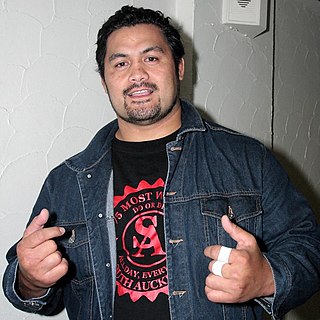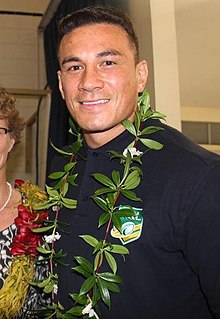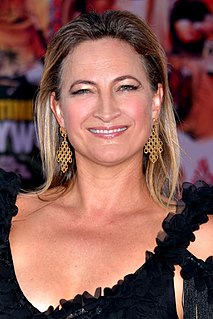A Quote by David Trubridge
I work within the limits of what I have and know, simplicity and low impact, natural materials and processes, leaving a delicate footprint.
Related Quotes
It's worth remembering that all technology leaves a footprint. For example, our own technology is leaving a footprint in terms of global warming, which could be detected from a long way away. One assumes that a very advanced civilization that has been around maybe millions and millions of years would have an even bigger footprint that might extend beyond its planet to its immediate astronomical environment.
Processes of avoiding the world within in order to try to regulate your behavior, or becoming entangled in your thoughts interfering with your ability to take advantage of what's around you, or losing contact with your values for fear that you'll know more about the places where you hurt - those kinds of processes are just normal psychological processes. And if you take the mode of mind that works great in 95 percent of your life and apply it within, it then implodes. It starts creating barriers, and that's true at work, it's true in our culture, true in our politics.
It is much more accurate to identify the factors of production as know-how (that is genetic information structure), energy, and materials, for, as we have seen, all processes of production involve the direction of energy by some know-how structure toward the selection, transportation, and transformation of materials into the product
I call upon governments to start supporting companies to use more sustainable materials in their products instead of continuing with antiquated incentives, such as import duties on synthetic materials that are in principle much higher compared with those placed on leather goods regardless of the environmental footprint.
I bargain-shop all the time, but then I started learning about how those products are made and about how if you spend a little bit more money on ethical clothing that are using recycled materials - like, my favorite dresses are by Christy Dawn... the carbon footprint that they're leaving is so minimal, and it's really worth the extra money.
We do not know how God created, what processes He used, for God used processes which are not now operating anywhere in the natural universe. This is why we refer to divine creation as special creation. We cannot discover by scientific investigations anything about the creative processes used by God.
It's much harder to work for yourself, by yourself, than to create work for a gallery, because there are no limits and you can do anything you want. It's always easier when you have a parameter, when you have a limit. You can work within the limit and push it and walk the line, but when you're given absolutely no limits, it's harder. You must really think. It's more challenging.
An elegant simplicity is an understated, organic aesthetic that contrasts with the excess of consumerist lifestyles. Drawing from influences ranging from Zen to the Quakers, it celebrates natural materials and clean, functional expressions, such as are found in many of the hand-made arts and crafts from this community.
We see a world of abundance, not limits. In the midst of a great deal of talk about reducing the human ecological footprint, we offer a different vision. What if humans designed products and systems that celebrate an abundance of human creativity, culture, and productivity? That are so intelligent and safe, our species leaves an ecological footprint to delight in, not lament?
